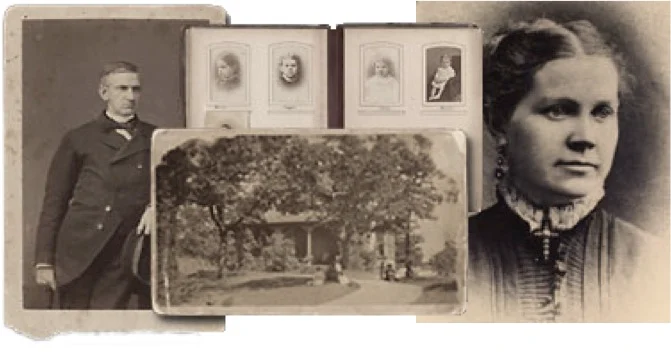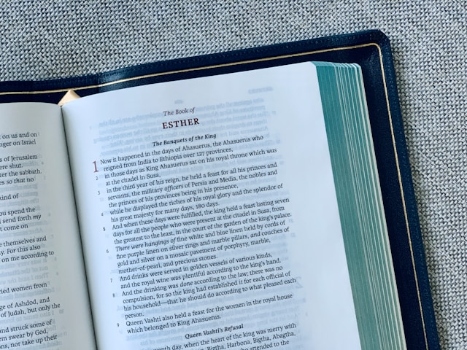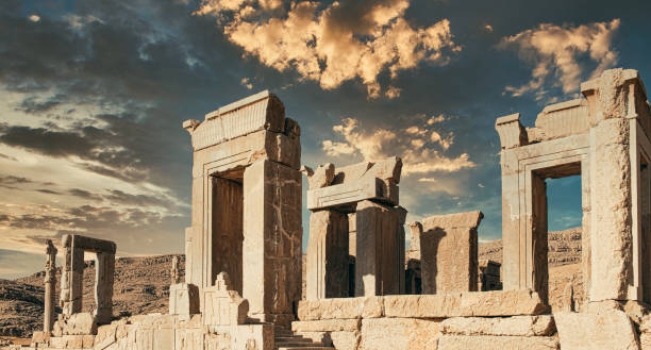Nobody Said It Would be Easy
Life is full of adversity. It comes in all shapes and sizes. We all deal with it differently.
The important thing to remember is that we don’t have to do it alone.
Most of us will never experience the amount of loss that Job in the Bible did. He was a man of complete integrity. He feared God and stayed away from evil. He had seven sons and three daughters. He owned 7,000 sheep, 3,000 camels, 500 teams of oxen, and 500 female donkeys. He also had many servants. He was, in fact, the richest person in that entire area.
One day, a messenger arrived at Job’s home with this news: “Your oxen were plowing, with the donkeys feeding beside them, when the Sabeans raided us. They stole all the animals and killed all the farmhands.”
While he was still speaking, another messenger arrived with this news: “The fire of God has fallen from heaven and burned up your sheep and all the shepherds.”
While he was still speaking, a third messenger arrived with this news: “Three bands of Chaldean raiders have stolen your camels and killed your servants.”
While he was still speaking, another messenger arrived with this news: “Your sons and daughters were feasting in their oldest brother’s home. Suddenly, a powerful wind swept in from the wilderness and hit the house on all sides. The house collapsed, and all your children are dead.”
Job stood up and tore his robe in grief. Then, he shaved his head and fell to the ground to worship. He said,
“I came naked from my mother’s womb,
and I will be naked when I leave.
The Lord gave me what I had,
and the Lord has taken it away.
Praise the name of the Lord!”
In all of this, Job did not sin by blaming God.
This seems like a lot of adversity. Most of us have never experienced anything close to this. We can’t imagine what this would be like.
It can be hard to relate to Bible stories. They can feel like they are from so long ago and so far away that’s hard to relate.
Horatio Spafford’s story of loss is closer to our time in history than Job’s story.
Horatio Gates Spafford became well-known for his clear Christian testimony in Chicago. He and his wife Anna were active in their church. Their home was always open to visitors, including their friend Dwight L. Moody.
They were blessed with five children and considerable wealth. Horatio was a lawyer and owned a great deal of property in Chicago.
Tragedy came in great measure to this happy home. At four years old, their son, Horatio Jr., died suddenly of scarlet fever.
Then, only a year later in October 1871, a massive fire swept through downtown Chicago, devastating the city, including many properties owned by Horatio. Despite their substantial financial loss, the Spafford’s sought to demonstrate the love of Christ, by assisting those who were grief-stricken and in great need.
Two years later in 1873, Spafford decided his family should take a holiday in England, knowing that his friend, the evangelist D. L. Moody, would be preaching there in autumn.
Horatio was delayed because of business, so he sent his family ahead, his wife and their four remaining children: 11-year-old Anna, 9-year-old Margaret Lee, 5-year-old Elizabeth, and 2-year-old Tanetta.
On November 22, 1873, while crossing the Atlantic, their vessel was struck by an iron sailing ship.
All four of Horatio Spafford’s daughters perished, but remarkably Anna Spafford survived the tragedy. Those rescued were taken to Cardiff, South Wales. Upon arrival, Anna immediately sent a telegram to her husband, which included the words “Saved alone….”
Receiving Anna’s message, Horatio set off at once to be with his wife.
During the voyage, the captain pointed out the very spot where his daughters had died.
It is said that Spafford returned to his cabin and wrote the hymn “It Is Well With My Soul” there and then. The first line is, “When peace like a river, attendeth my way…”
Obviously, the voyage was one of deep sorrow as well as inspiration. This is evident in the moving and well-loved hymn.
After Anna was rescued, Pastor Nathaniel Weiss, one of the ministers travelling with the surviving group, remembered hearing Anna say, “God gave me four daughters. Now they have been taken from me. Someday I will understand why.”
Naturally, Anna was utterly devastated, but she testified that in her grief and despair, she had been conscious of a soft voice speaking to her, “You were saved for a purpose!” She remembered something a friend had once said,
“It’s easy to be grateful and good when you have so much but take care that you are not a fair-weather friend to God.”
In August 1881, the Spafford’s left America with several other like-minded Christians and settled in Jerusalem. There they served the needy, helped the poor, cared for the sick, and took in homeless children. Their desire was to show those living around them the love of Jesus.
This week’s sermon was on Psalms 3. This Psalm is regarding the time when David’s own son was attempting to take over as king.
David dealt with a lot of losses throughout his life. He had a great many enemies, some of which were his own family. Even with all the mistakes he made, the one thing that David was consistent in, was giving it to God.
We will experience adversity. Hopefully it’s not to the level of Job, Horatio, or David. Whatever the size and extent of the difficulties we experience…
God is the only way we can really deal with adversity.










































